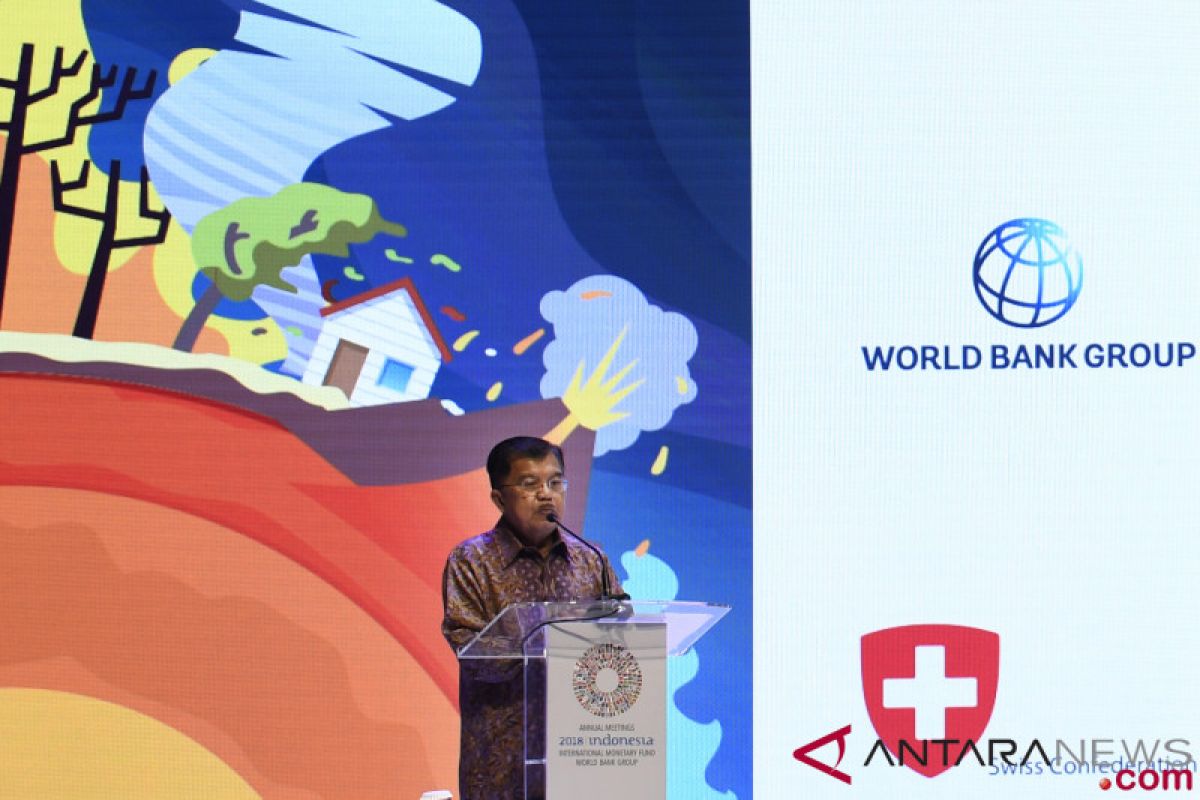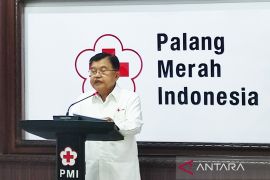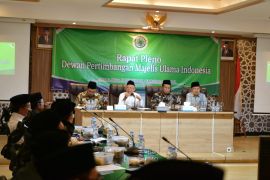During this time, the Indonesian government has always relied on the state budget and foreign donations in dealing with natural disasters, including the Aceh earthquake and tsunami in 2004, the Yogyakarta earthquake in 2006, and the Lombok earthquakes and Palu earthquakes and tsunami recently.
"We do not want to burden the state budget, and we also certainly do not want to continue to expect foreign assistance. We want to increase the people`s participation, ensure a long future, and insure state assets to ease the state burden," the vice president remarked when delivering a keynote address at a dialogue on Disaster Risks Financing and Insurance here Wednesday.
Indonesia, as a country prone to natural disasters, needs to have an insurance mechanism in place, so that financing for post-disaster mitigation is no longer dependent on the state budget.
"Indeed, a country located on the ring of fire is at risk and should be capable of dealing with natural disasters," he stated.
Vice President Kalla added that disaster management and fiscal risks, as a result of the disaster, were quite high. Hence, one of the solutions to such issues is to provide people with an understanding of disaster mitigation.
The cost of dealing with disasters in Indonesia is high, as they have had a significant impact.
"The earthquake and tsunami that hit Central Sulawesi last week damaged two thousand schools and also bridges and government buildings. In addition, 60 thousand homes are heavily damaged and in need of reconstruction. These all require a large budget," he added.
At the 2018 IMF-World Bank annual meeting, the vice president expressed hope that the Indonesian government would have a disaster insurance scheme that is in line with Indonesia`s conditions.
Reporting by Fransiska Ninditya
Editing by Libertina W Ambari
Reporter: Antara
Editor: Yosep Hariyadi
Copyright © ANTARA 2018












